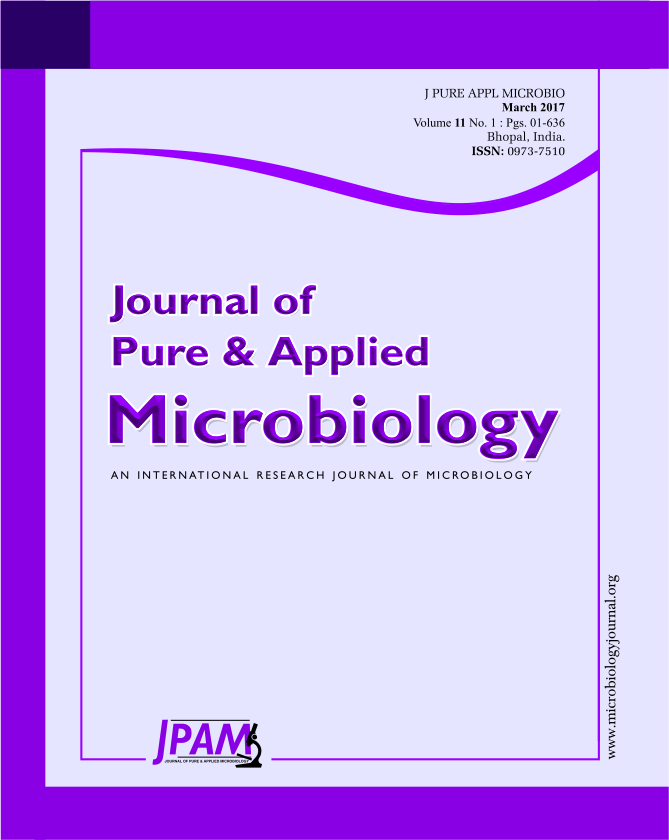Legumes are special group of nitrogen-fixing plants that are an essential component of cropping system and important source of food/feed for human/animal consumption. Therefore it is timely to review the current evidence of the benefits of legumes for human health. However Like other crops, the productivity of legumes is threatened by abiotic stresses caused due to global climate change. Abiotic stress tolerance is complex trait involving a suite of genes, the expression of which is controlled by transcription factors including gene/polypeptide sequences. The discovery of microRNAs (miRNAs) as gene regulators has led to a paradigm shift in the understanding of post-transcriptional gene regulation in plants and animals. In addition to protein coding genes, microRNAs (miRNAs) have emerged as important players in plant stress responses. Initial clues suggesting that miRNAs are involved in plant stress responses stem from studies showing stress regulation of miRNAs and target predictions for some miRNAs. Subsequent studies have demonstrated an important functional role for these miRNAs in abiotic stress responses. This review summarizes the current knowledge on the role of different miRNAs in response to main abiotic stresses in legumes.
Abiotic stress, drought, cold, salinity, legume, miRNA.
© The Author(s) 2017. Open Access. This article is distributed under the terms of the Creative Commons Attribution 4.0 International License which permits unrestricted use, sharing, distribution, and reproduction in any medium, provided you give appropriate credit to the original author(s) and the source, provide a link to the Creative Commons license, and indicate if changes were made.


